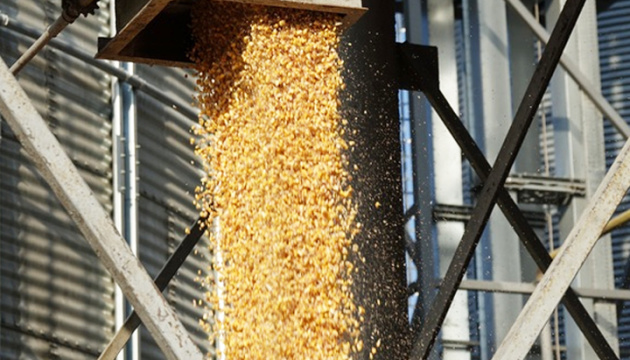
Ukraine needs to export 18M tonnes of last year's crops – agriculture minister
Ukraine's Agriculture Minister Mykola Solsky said this at a meeting with his German counterpart Cem Özdemir, Ukrinform reports, referring to the Ukrainian Agriculture Ministry.
"The Russians are imitating the situation, showing how they care about food security and advocate for the prevention of hunger. But their actions are completely opposite to their words. An example of this is the destruction of ports. And this means only one thing: Ukraine, with the support of the EU, must continue to develop alternative routes for the export of its products - on a permanent basis, preventing the fall in exports," Solsky said.
He said that Ukraine needs to export 18 million tonnes of last year's crops. Ukraine is expected to harvest 60 million tonnes of grain this year and, taking into account domestic consumption at 20 million tonnes, it will be necessary to export 58 million tonnes of crops.
"In September-October, we will see a significant decline in the area under winter crops in Ukraine. But now we have time to prepare and make the next season more working," Solsky stressed.

He also noted that in a month, European grain would be transported through European ports and railways and this will create an additional burden on logistics. Therefore, Solsky initiated a meeting with the ministers of agriculture and infrastructure of the EU and major operators in order to determine the operators who will expand the base of European grain trucks.
Ukraine earlier organized two grain export route -- via Romania and Poland --- and is negotiating a third one with the Baltic states. In May 2022, Ukraine exported more than 1.753 million tonnes of grain, oilseeds and processed products using all modes of transport, which is 180% of the April volume.
On February 24 this year, Russia launched an unprovoked military invasion of Ukraine and continued the war it started against Ukraine back in 2014. Due to hostilities, more than 20 million tonnes of Ukrainian grain remain stuck in Ukrainian ports, much of which was intended for the UN World Food Program.




